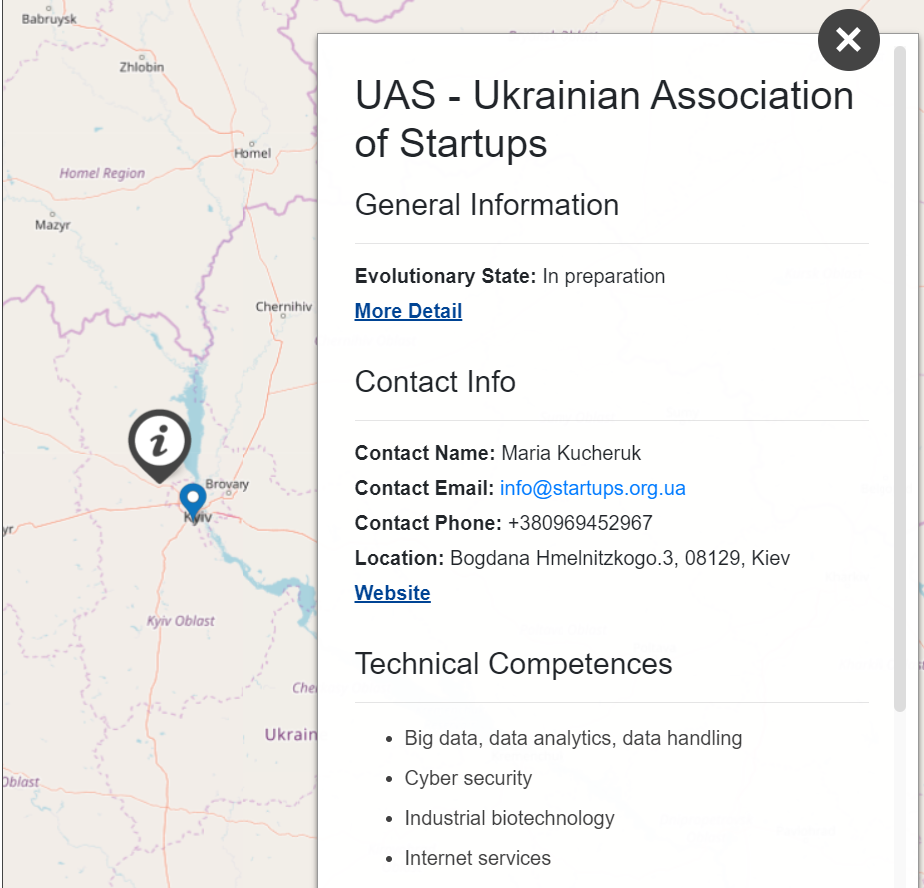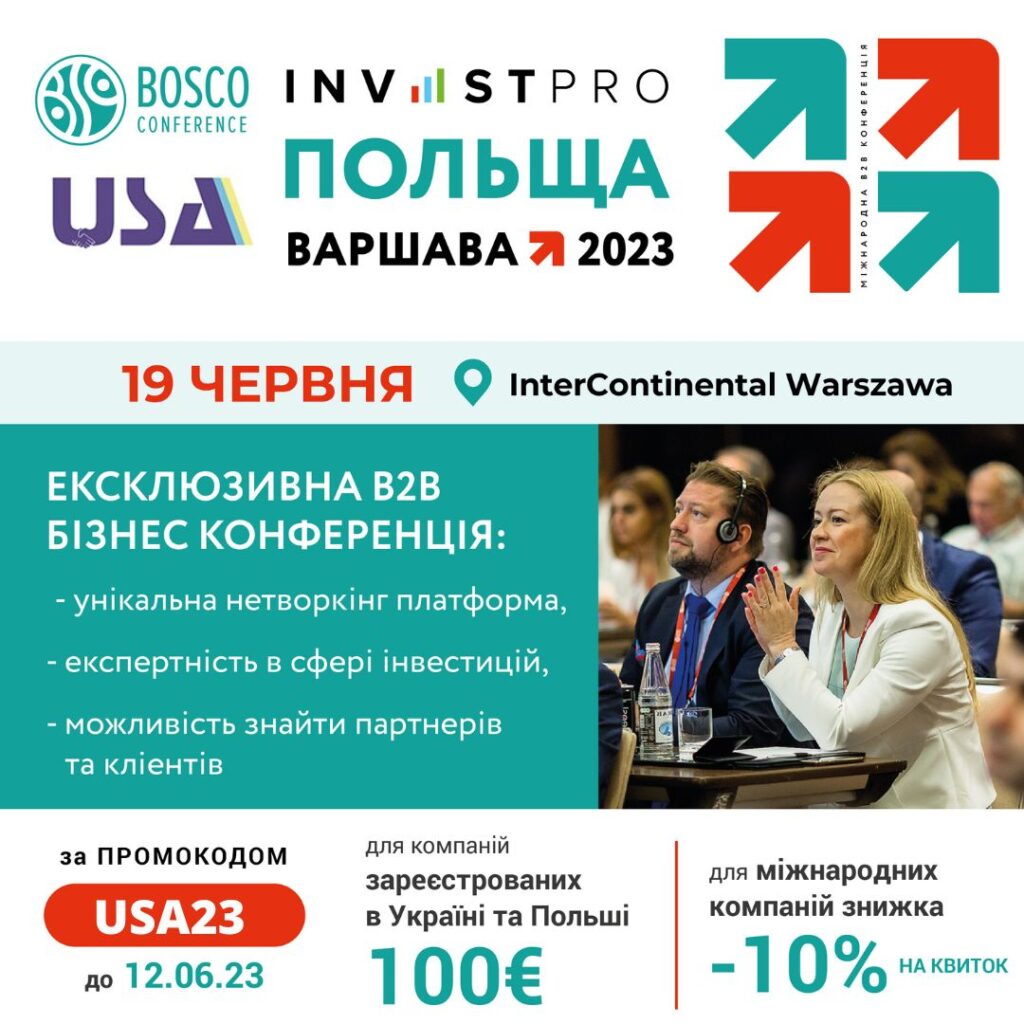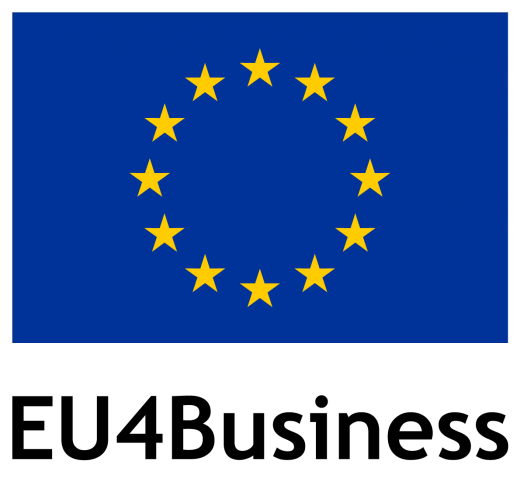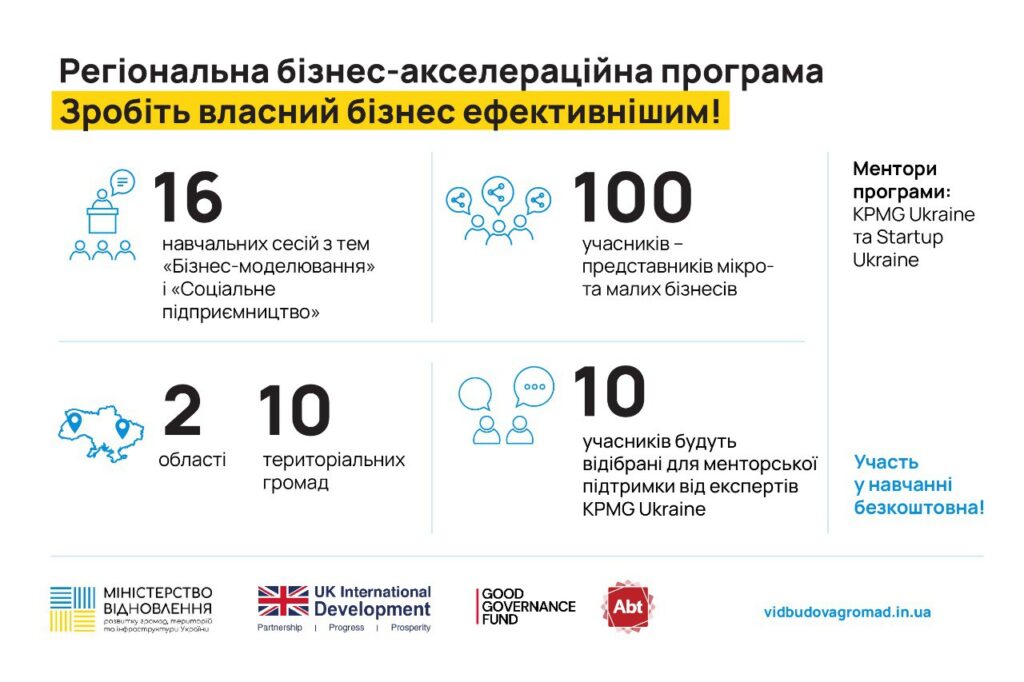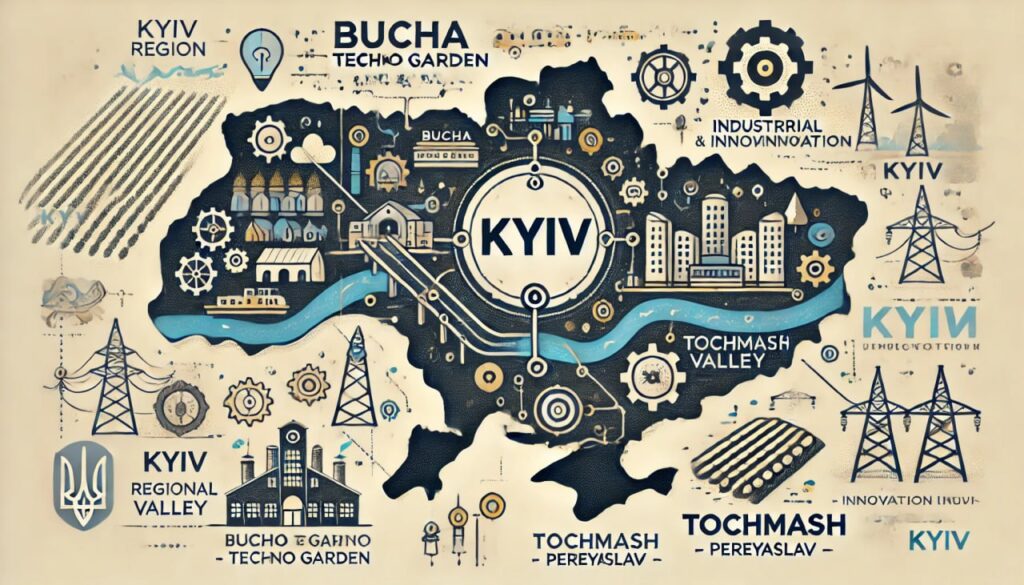2025 will be a difficult year for Ukrainian startups, in particular for those operating as individual entrepreneurs (IEOs). One of the reasons for this is the changes in the taxation of grant income, which is provided for by the Tax Code of Ukraine (TCU).
According to the new rules, IEO startups have to pay as much as 23% of the grants received in the form of taxes and fees.
In this article, we will consider why this situation arose, what taxes are included in this rate, and how this will affect the startup ecosystem in Ukraine.
Tax base for received grants: how 23% is calculated
To understand the mechanism of taxation of grants, it is necessary to refer to the norms of the Law on Subtlety (crossed out) of the Tax Code of Ukraine.
According to clauses of clause 163.1 of article 163 of the TCU, international grants received by IEOs are considered income of an individual. In the case of grants for startups, this can be both international financial assistance and national. According to clause 167.1 of article 167 of the Tax Code of Ukraine, the main taxes that form a rate of 23% are:
1) Personal income tax (PIT) – 18% of the amount of income received.
2) Military levy (VZ) – 5% of the amount of income.
The total rate of 23% is formed for an individual entrepreneur who received a grant, the grantor of which is not listed in the Resolution of the Cabinet of Ministers of Ukraine dated August 18, 2021 No. 867
Grants as an object of taxation
The problem for startups is that grants, even if they are not commercial income, are taxed as ordinary income. Article 164.2.20 of the Tax Code of Ukraine explicitly states that targeted assistance (including grants) is included in the total annual taxable income of an individual. In addition, the lack of a clear legislative framework for exempting grants from taxation creates a risk of double taxation: the donor already gives clean money, and then the recipient pays taxes on it again, while these funds are actually intended for a specific purpose, and are not the actual income of the individual.
Impact on startups
The new tax rules may have a number of negative consequences for startups:
1) Reduction of financial resources. Since grants are often the main source of financing for startups in the initial stages, high tax rates reduce the amount of funds available for development.
2) Loss of competitiveness. Ukrainian startups may become less attractive to foreign grantors due to the need to pay high taxes.
3) Migration of business abroad. Some startups may decide to change jurisdiction to countries with more favorable tax conditions, such as Estonia, Romania, Bulgaria, Cyprus, and Poland.
Are changes possible?
Startups and representatives of the IT industry are already actively advocating for changes in the legislation. One of the proposed ways is to make amendments to the Tax Code of Ukraine that would exempt grant funds from taxation or create a special regime for innovative businesses. Such initiatives are being discussed, but their implementation depends on political will and support from the state.
Taxing grants at a rate of 23% is a serious challenge for Ukrainian startups-FOPs. On the one hand, this reflects the state’s desire to fill the budget, but on the other, it jeopardizes the development of innovative businesses. To create favorable conditions, it is necessary to improve tax legislation, in particular, to clearly regulate the status of grants and ensure their exemption from taxation. This will allow Ukrainian startups to remain competitive and will contribute to the growth of the economy as a whole.
If you want to correctly obtain a grant for your startup, as well as legally optimize taxes so as not to make costly mistakes – contact the Consulting Department of the Ukrainian Startup Association for advice.



